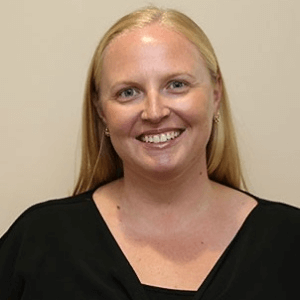Title : Navigating the nursing incivility epidemic: Understanding and addressing incivility in higher education
Abstract:
Nurse educators need to address the behaviors that disrupt learning. Incivility in the academic setting disrupts the learning process (Morrissette, 2001). Moreover, students are desensitized and enculturated to incivility, and it becomes the norm. Addressing the growing issue of incivility is crucial. Beginning early in nursing education may reverse the trend and decrease the eventual deleterious effect on the profession. Many examples in nursing literature suggest that faculty and students are concerned about this persistent issue. (Clark, Otterness, Jun, et al 2010; Marchiondo, Marchiondo, & Lasiter 2010, Clark & Springer, 2009). The Covid-19 pandemic has exacerbated these concerns. Post-pandemic, changes have been appreciated in student behavior. They are having difficulty re-adapting to in-person learning and feeling anxious and overwhelmed (Handelsman, 2021). Studies on student-student incivility reflect that much of this behavior stems from stress and the competitive nature of nursing education (Altmiller, 2012, Clark, 2008). Rather than pulling together to support one another, students tend to turn on each other. It’s imperative that college educators and administrators develop strategies to address incivility with the goal of creating a safe learning environment where students feel comfortable to hold discussions, ask questions, and engage in civil discourse. It’s been noted that many expressed a lack of education on how to respond to uncivil behaviors and fear that addressing the behaviors would make the situation worse or face possible retributions (Ackerman-Barger et al, 2021; Clark, 2013). Several studies have stressed the importance of creating a culture of civility through such acts as civility training, role-modelling, and improving communication. Institutes of higher education and health care organizations are creating codes of conduct that outlines expected behavior, identifies uncivil behaviours, and sets clear expectations and consequences. It is imperative that higher education adopts these best practices.
Audience Take Away:
- Prevalence of incivility in nursing higher education
- Effect of incivility on faculty-student and student-student relationships and student learning
- Strategies to identify and address incivility



